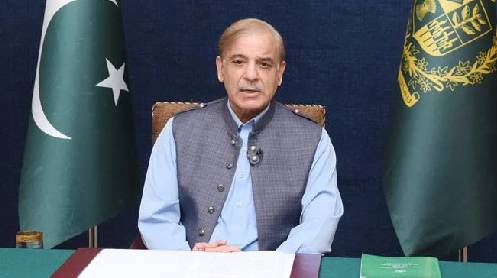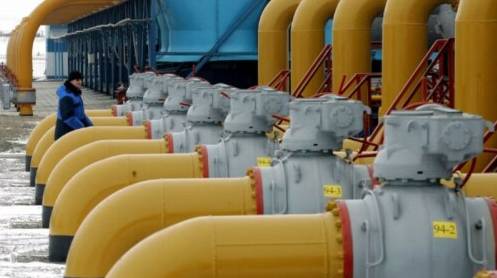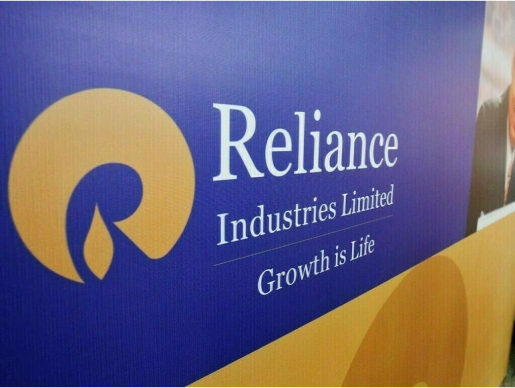Britain’s biggest gas supplier, the Norwegian state-owned oil company Equinor, has been accused of “profiteering” from the energy crisis and higher household bills after posting record annual earnings of £62bn.
The oil and gas producer said on Wednesday that adjusted profits hit $15.1bn (£12.5bn) in the final three months of last year, bringing total annual profits to $74.9bn, the highest in its 51-year history.
France’s largest oil and gas company, TotalEnergies, one of the biggest operators in the North Sea, also reported record annual profits on Wednesday. Its adjusted earnings hit $36bn and it said it would buy back a further $2bn of its own shares.
The pair become the latest oil and gas giant to report record profits aided by soaring gas prices linked to the war in Ukraine, after similar results from Exxon, Chevron, Shell and BP.
Equinor supplies about a quarter of Britain’s gas and hopes to develop the Rosebank field, to the west of Shetland despite vociferous opposition from climate protesters. A final investment decision on the UK’s largest undeveloped oilfield is expected this year.
Equinor raised its quarterly dividend and said it expects to hand $17bn to shareholders in 2023.
Greenpeace UK’s head of climate, Mel Evans, said: “Equinor is the latest fossil fuel giant to post record profits looted from bill payers’ pockets while destroying the climate last year.
“Dependence on oil and gas is pushing our bills up. Giving Equinor’s climate-wrecking Rosebank oilfield the green light won’t bring them down but it will pour fuel on the climate emergency. It’s only cheap, homegrown renewables coupled with warmer, insulated homes that will help lower both bills and carbon emissions.”
On Tuesday, the government created a new department for energy security headed by Grant Shapps but also faced renewed calls for the windfall tax on North Sea oil and gas operators to be toughened, against the backdrop of BP’s record profits. An investment allowance within the levy allows companies to reduce their tax bill if they spend on new production.
Tessa Khan, the executive director of the climate action organisation Uplift, said: “Grant Shapps needs to use his first day in office to push for the scrapping of this huge loophole in the windfall tax, which will see a total of £11bn in public subsidies handed to profiteers like Equinor.
“Days two and three need to be focused on ramping up cheaper, homegrown renewables and unlocking the funds to upgrade the UK’s draughty homes, so that we can be free from oil and gas – and this kind of shameless profiteering – for good.”
Climate campaigners including Stop Rosebank and the Young Christian Climate Network staged protests outside Equinor’s offices in London and Aberdeen to condemn what they said was Equinor’s role in “both the climate and cost of living crises”.
Privacy Notice: Newsletters may contain info about charities, online ads, and content funded by outside parties. For more information see our Privacy Policy. We use Google reCaptcha to protect our website and the Google Privacy Policy and Terms of Service apply.
after newsletter promotion
The Observer has reported that Rosebank could contribute to a £114m loss for the government over the field’s lifetime, under the investment tax break.
Equinor left its climate targets unaltered, it aims to make a 40% reduction in net carbon intensity – a measure of emissions related to its operations – by 2035. On Tuesday, BP scaled back its climate goals, reducing its 2030 emissions targets.
Last year, Britain strengthened ties with Equinor as it agreed a deal to deliver an additional 1bn cubic metres of gas supplies to British Gas owner Centrica for each of the next three years – enough to heat an additional 4.5m UK homes.
The deal was championed by the then business secretary, Kwasi Kwarteng, amid a dash for gas supplies as Russia cut back supplies into Europe.
… we have a small favour to ask. Tens of millions have placed their trust in the Guardian’s fearless journalism since we started publishing 200 years ago, turning to us in moments of crisis, uncertainty, solidarity and hope. More than 1.5 million supporters, from 180 countries, now power us financially – keeping us open to all, and fiercely independent. Will you make a difference and support us too?
Unlike many others, the Guardian has no shareholders and no billionaire owner. Just the determination and passion to deliver high-impact global reporting, always free from commercial or political influence. Reporting like this is vital for democracy, for fairness and to demand better from the powerful.
And we provide all this for free, for everyone to read. We do this because we believe in information equality. Greater numbers of people can keep track of the global events shaping our world, understand their impact on people and communities, and become inspired to take meaningful action. Millions can benefit from open access to quality, truthful news, regardless of their ability to pay for it.
Whether you give a little or a lot, your funding will power our reporting for the years to come. If you can, please support us on a monthly basis from just $2. It takes less than a minute to set up, and you can rest assured that you’re making a big impact every single month in support of open, independent journalism. Thank you.





